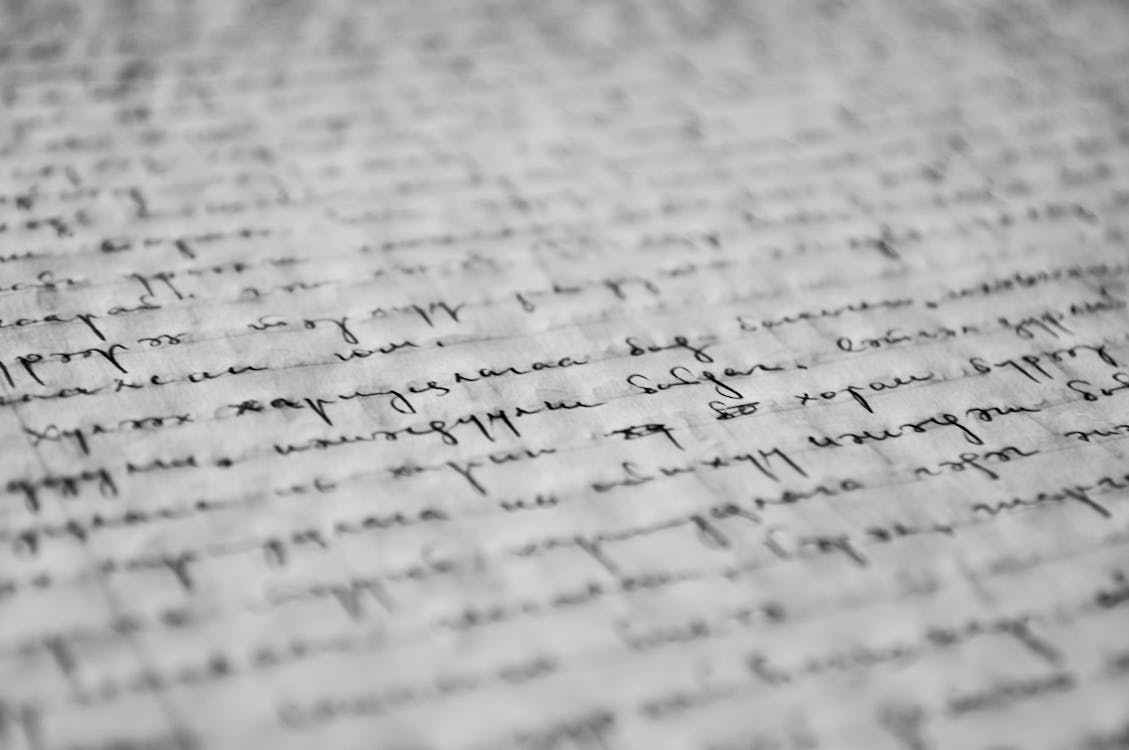Mojza Blog
A Guide to Literature in English 2010
by Farheen Pervaiz | 31 March 2024

A few days left in your Literature exam or maybe it’s the beginning of your literary journey as an O levels student? Don’t panic! Here’s the ultimate guide to perfecting your preparation and revision! Literature may be a seemingly difficult subject, but it can be mastered easily if you use your time skilfully!
Exam Format:
It is important to have a proper understanding of whatever is coming your way regarding the format of an O levels Literature exam! The examination is divided into two parts: Paper 1 (Poetry and Prose) and Paper 2 (Drama.) Both examinations require the candidate to compose essays for the two questions chosen from two different texts. The total time at your hands is just 1 hour and 30 minutes for each component. The two types of questions are: Essay based questions and Passage based questions. The examiner provides a section of the text to the candidates as part of the passage-based question and requires the candidate to use that passage to derive an answer. Each question holds 25 marks. The following table summarises the assessment format.
Literature in English | |
Paper 1 Poetry and Prose | Paper 2 Drama |
Time: 1 hour 30 minutes | Time: 1 hour 30 minutes |
Marks: 50 | Marks: 50 |
Weighting: 50% | Weighting: 50% |
Assessment Objectives:
The most asked query about GCSE English Literature is: How to write the perfect essay? The answer is fairly easy. Cambridge has actually provided the candidates with the guide to write the best possible essay, in the form of Assessment Objectives (AO). Usually, the assessment objectives go unnoticed or unheeded, but they actually hold the key to the perfect attempt of the exam. The first AO requires the candidate to have deep knowledge of the text (it is suggested to read the text once thoroughly), and it is important to use quotations in your answer as evidence to support your claims. The second objective shares the importance of analysis and understanding the text in depth to realise its effect; similarly, the third one recommends the candidate to evaluate the writer’s style and his/her way of communicating a message. Using the fourth assessment objective will give your answer the edge from an average student because it provides the examiner with evidence of your understanding and prevents your answer from being a summary of the actual text. Make sure you thoroughly go through all the assessment objectives enlisted in the English Literature syllabus.
Reading, Rereading, Research, and Revision:
It is extremely important to read the texts assigned, cover to cover. It will allow you to include important details as well as fulfil the demands of the first assessment objective. Note making is the easiest way to tackle lengthy or boring texts; it helps you record difficult details, for example dates and timelines,as well as allowing you to revise easily in the future.
Use technology! The internet is a key resource to get an A* in Literature. You can find key information that you might have missed or even another perspective on the text. Use technology wisely. Plagiarism should be avoided; rather, you should read other perspectives to guide your own personal response. As mentioned above, the best way to achieve the perfect grade in Literature is by including quotations and indirect references in your answer. Memorising might seem like a tedious task, but using some tips, it can be achieved.
Memory Retention:
Write your own notes and colour code them to encourage photographic memory.
Read them aloud, so that your brain easily retains the information.
Keep your workspace and resources organised to avoid clutter your brain and peace of mind.
Try watching the movie or play of the text. It will allow you to not only understand the setting and character formation, but also ease the dialogue into your mind.
Make character sketches to explore the personalities of different characters and understand the depth.
Make notes and write paragraphs about all themes to memorise them easily. Check out our blog on improving memory retention for more insights!
Common mistakes to avoid when writing an essay!
Including summaries:
It is important to remember the significance of a personal response in your literature answer. Do not include summaries in your essay; try to produce an informed answer with an in-depth analysis, instead of reiterating the text itself.
Lack of quotations and evidence:
As mentioned earlier, the perfect answer can only be achieved if you provide evidence to your statements by adding quotations from the text, this will also leave a good impression on the Examiner.
Irrelevance to the question:
You can direct your answer by using the important words from the question in your answer. For example, the question before you is, “How has the writer portrayed strikingly the feelings of the protagonist?” Use the words “portrayed” and “strikingly” and their synonyms in your answer to create a connection.
Using Limited Vocabulary:
Try not to use ordinary words, which lack depth, for example; “sad,” “said,” “told” etc. Instead, swap them out for vocabulary such as “melancholic,” “utter,” “informed.” This is an easy way to add a flare to your answer and help you reach 23-25 marks. We’ve added more tips on how to build an impressive word bank in our designated blog on Improving Your Vocabulary.
And that’s pretty much it. Wishing you all the best with your English Literature pursuit!
Acknowledgements
Author: Farheen Pervaiz
Proofreader(s): Syed Muhammad Shaheer Ali
Recent
Mojza
About Mojza
Mojza is a student-led organisation aiming to provide quality resources for Cambridge students.
Other than such weekly blogs, Mojza offers resources for your O levels, IGCSE, and A levels journey. We have notes from reputable teachers, our own original notes and a library of other helpful websites and resources!
Check out our home page!
Published: 31 March 2024
Last Updated: 31 March 2024
Written by Farheen Pervaiz
